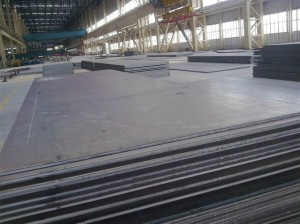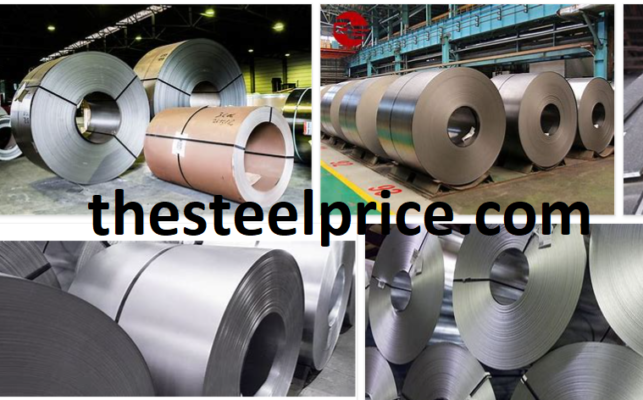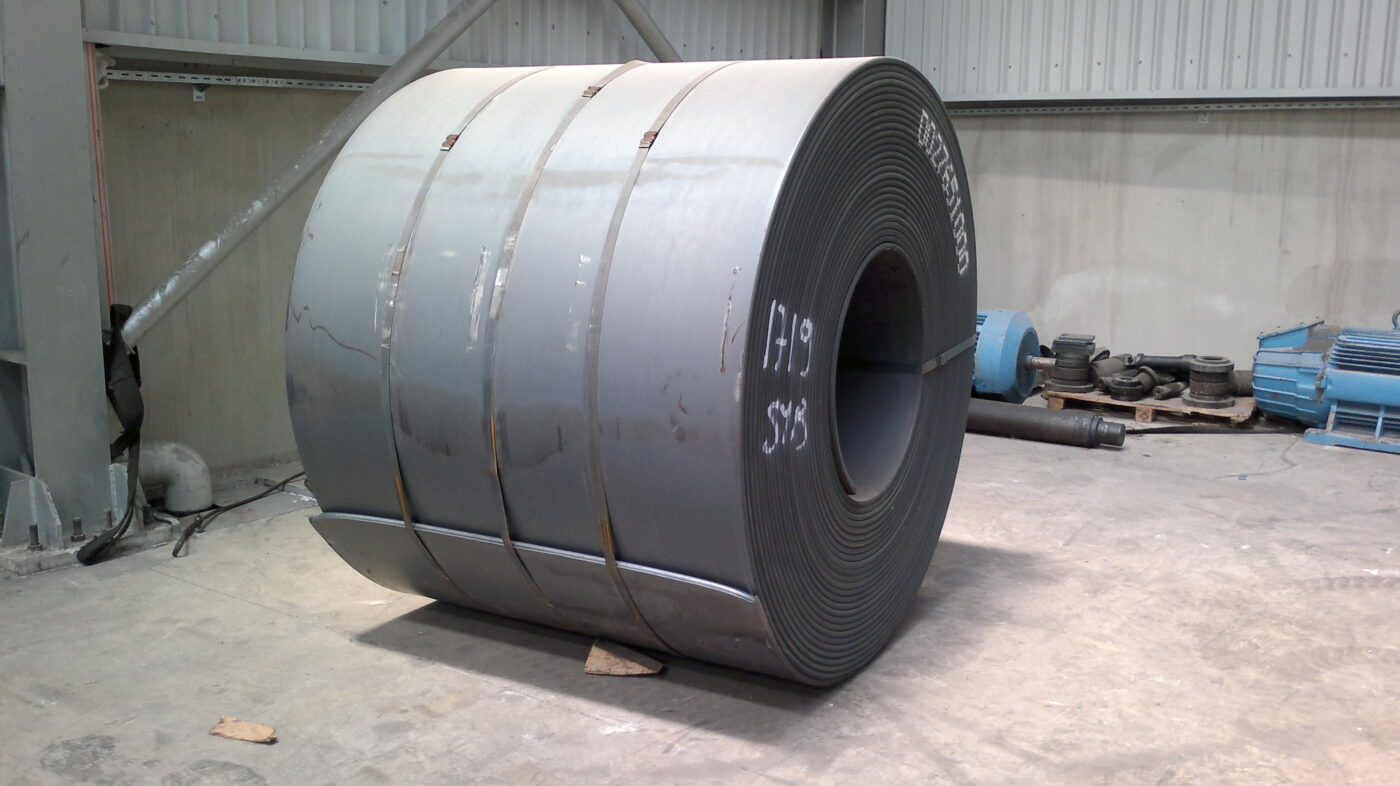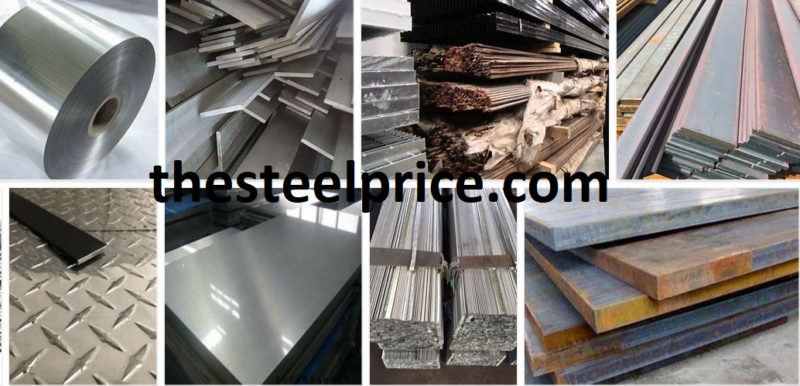[ad_1]
Flat rolled steel is delivered onto a runout table, which consists of cooling sprays. The cooling rate can be varied for each strip. This material then enters the coilers and is delivered to fabricators and service centers. In the process, hot rolled material undergoes additional processes, such as pickling, oiling, and cold rolling. This process creates a wide range of hot roll products, including sheet, coil, and bars.
Hot rolled steel coils and sheet are produced by heating a slab to a strip steel temperature. This hot strip is then cooled by laminar flow and then rolled into a steel strip coil. From here, the coil is processed into steel plates, flat coils, or welded components. Depending on the application, the products from longitudinal steel strip production may go through different finishing lines, such as slitting, inspection, and packaging.
Hot rolled steel sheet and coils are made from a slab, which is typically continuous casting. The steel is then heated to strip steel temperature and cooled by laminar flow. The strip is then rolled by a coiler into a metal strip. Depending on the application, the finished products are either flat coils, steel plates, or both. Once the steel strip is rolled, it is then processed into flat coils and steel sheets. Afterwards, the longitudinal steel strip is processed through various finishing lines, which include slitting, weighing, packaging, and inspection.

Hot rolled steel is produced in two different ways: cold rolled steel is shaped into thin sheet while cold rolled steel is shaped into larger pieces. In both cases, high temperatures are applied to the raw materials and re-rolled at a low temperature to produce a higher quality metal. This process is known as “cold rolled,” and is used mostly for structural projects. This process results in a more brittle metal than cold oiled steel, and it is not as durable as cold oiled.
Hot rolled steel sheet and coils are manufactured from slabs. While cold rolled steel is harder than hot rolled steel, it retains its shape and is more resistant to twisting. Therefore, it is used for products that do not require the ability to bend or stretch, and requires lower hardness. It is also easier to forge. This type of material is used for many types of applications.
Flat rolled steel sheet and coils are both commonly used in construction. The cold rolled steel is easier to handle than hot rolled. It is more durable than cold forged steel, but it is less durable. This type of steel has a higher carbon content than cold molded products. It also requires higher temperatures than cold oiled materials. A hammer is required to cut hot plated steel.
The differences between hot rolled steel sheet and coils are significant. One type of steel is more expensive than the other, and the other is a more common option for construction. Both have similar properties, but there are some differences. The first is more flexible and has a higher carbon content. The second type of steel is thinner and is often better suited for structural applications. The latter is more durable than cold rolled steel, but its carbon content makes it more brittle.

In the production process, hot-rolled steel is transformed into sheet and coil. It is produced from a billet, which is a reconstituted slab of steel. In the process, the slab is heated to a strip steel temperature. Then, the hot ribs are cooled and rerolled into a steel strip coil. Both types are processed to a certain extent, but hot rolled steel is a more costly option.
There are many advantages of hot-rolled steel. It is more versatile and stronger than flat rolled steel. It is also easier to work with than cold-rolled steel. Its low strength makes it a poor choice for manufacturing components. It is often used in construction. Its high tensile strength makes it ideal for many applications. It also provides a wide range of uses. It is used for everything from automobile parts to bridges.
Source link

